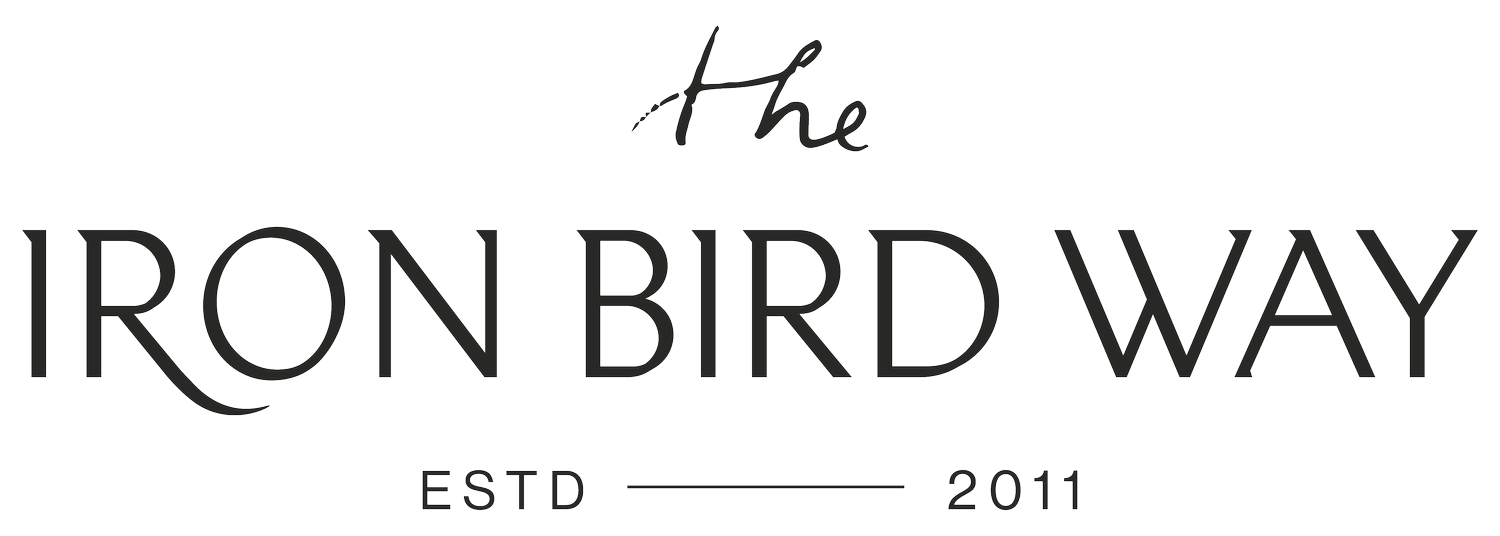Making a mindful resolution
To resolve? Or not to resolve? I find myself asking every new year. For me, making a resolution is making a big commitment. And while following through on commitment can be powerful and strengthening in many ways, not following through when we said we would can really hurt. We've all been there before.
What I like about resolutions: the idea of creating an intention or setting a goal to make a meaningful change; the sense of making a fresh start and beginning anew; the focus on enhancing the self through being intentional about our habits and behaviors. (This article can help.)
What I dislike about resolutions: the all or nothing approach many of us tend to take in making resolutions; the internal and external pressures influencing our choice in resolutions (the "shoulds"); the potential to give up or feel like a failure when we cannot meet the unreasonable expectations we set for ourselves.
Creating and establishing new habits takes time. A lot more time than we think it should. (According to recent research, it can take 2-8 months to establish a new habit!) More than just repeating a behavior consistently for a length of time, making a new habit stick requires first, choosing something that is worth more to us in meaning than the amount of effort it requires to form and second, that we are willing to adjust in the process.
So, we can either feel like a failure for not making it to the gym three times a week like we resolved to, or we can figure out why it's not working and find a way that it can work for us. One way to do this is using the three As: Awareness, Assessment, Adjustment.
Awareness means having knowledge. In the case of resolutions and creating new habits, we need to have knowledge of ourselves, including our bodies, our schedules, our desires and priorities. In the gym example above, the awareness might be: Mondays and Tuesdays, I feel great after the gym and I look forward to going all day while I'm at work. I have been consistently making it there on those days. Thursdays is the day I am really struggling with. I do not look forward to going and I feel cranky and tired on Friday mornings when I do go.
Assessment means evaluating this knowledge or information. Continuing with the gym example, the assessment might be: Thursdays hasn't been working because I am also in charge of making dinner that night and have been grocery shopping after work too. Because I feel rushed and tired trying to squeeze everything in, I just don't want to go to the gym after work on Thursdays.
Adjustment means to change something so that it fits. Going to the gym after work on Thursdays doesn't fit with grocery shopping and making dinner. The process of adjustment might be trying to grocery shop after work on Wednesdays to see if the gym and cooking can still work on Thursdays. Or maybe it's picking a different day to go the gym altogether, like Saturdays, and trying that for a while.
To successfully stick to a resolution (and any new endeavor), we need to be willing to—and expect to—go through this process several times. To do that, we have to really want it to work, which makes for a very good resolution!
And what if we discover we aren't so willing to adjust to make it work? Well, then we let it go.
January 3, 2015

